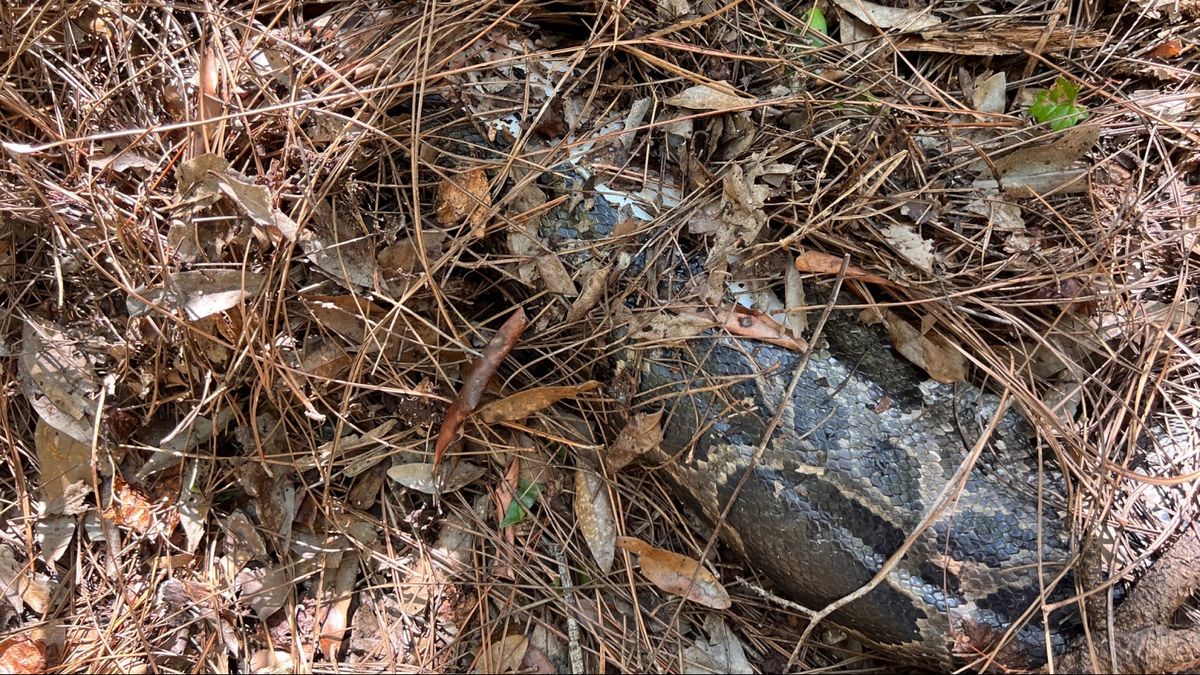Now Reading: Florida Bobcat Takes Down 13-Foot Burmese Python in the Everglades
-
01
Florida Bobcat Takes Down 13-Foot Burmese Python in the Everglades
Florida Bobcat Takes Down 13-Foot Burmese Python in the Everglades

Quick Summary:
- A Florida bobcat killed a 13-foot Burmese python, identified as “Loki,” during a cold spell in December 2022 near Naples, Florida.
- Loki was being tracked by researchers from the Conservancy of Southwest Florida and had been part of their studies sence 2013.
- Researchers found the snake decapitated, with evidence suggesting a bobcat was responsible. Trail cameras later captured video footage of the bobcat returning to the kill site.
- Cold temperatures may have left Loki sluggish and vulnerable to predation.
- Burmese pythons are invasive species in the Everglades and pose significant threats to native wildlife. Scientists use male pythons as “scouts” to locate females for removal efforts during breeding seasons.
- Similar instances of native predators attacking invasive pythons have been observed, indicating that ecosystems might be gradually adapting and “fighting back.”
Images Included:
- Decapitated python beneath debris [Image]
- Bobcat claws discovered during necropsy [Image]
- Bobcat caught on camera returning to kill site [Image]
Indian Opinion Analysis:
The event underscores broader ecological dynamics relevant worldwide: how ecosystems adapt when faced with invasive species threatening their stability.In India, similar challenges are seen with invasives like Prosopis juliflora or Lantana camara disrupting native habitats over time. The case reported here suggests hope for equilibrium restoration through natural selection – where local predators begin exploiting vulnerabilities in invaders.
India could draw valuable insights into monitoring predator-prey interactions when managing its own ecological disruptions caused by invasives like African catfish or water hyacinths in its wetlands and rivers systems.
Additionally, this highlights how technology like radio tracking aids conservationists globally – something increasingly adopted within IndiaS wildlife stewardship efforts regarding tigers or gharials tracking for rehabilitation programs




























